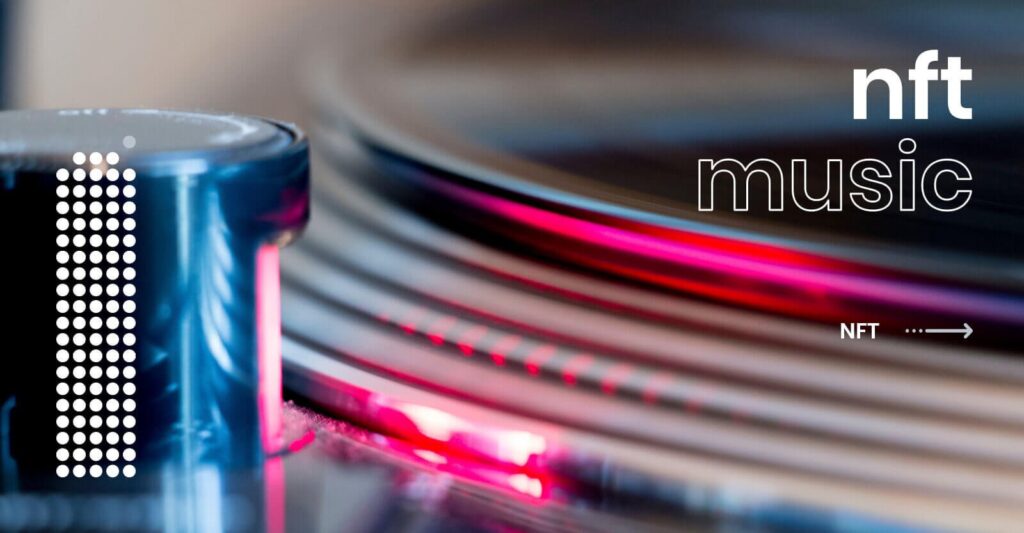
The music industry has undergone a significant transformation in recent years, with major streaming platforms like Spotify, Apple, and Amazon dominating the scene. However, these platforms have faced criticism for their lack of financial support for independent artists and issues with centralization. To combat these challenges, many musicians are turning to Web3, embracing music NFTs as a way to engage fans and offer unique collectibles.
One such innovation is Mastercard’s Music Pass, launched under the Artist Accelerator program. This free NFT offers exclusive Web3 music tools, learning opportunities, and experiences with artists. In collaboration with Polygon, Mastercard allows users to mint their free music pass. Another notable development is Audius, a decentralized music community that recently introduced NFT-gating. This feature enables artists to grant exclusive access to certain songs and mixes for specific NFT collectors.
Spinamp, a user-friendly music NFT aggregation platform, is becoming the go-to app for Web3 music enthusiasts. With a clean interface and retro visual style, Spinamp supports Ethereum, Polygon, and Solana to convert music NFTs into audible files. Sound, another Web3 music project, recently announced a DeFi-inspired feature called Sound Swap. This allows users to sell editions of their favorite songs while optimizing earnings for musicians. With one-click collection and sales of music NFT editions, collectors can mint editions even after a primary sale has ended.
Lastly, Tuning In NFTs, a Web3 collective, aims to support independent artists by focusing on community-centric discovery and support. Founded by Samantha Stein, this platform strives to alleviate the marketing burden on artists and foster a direct connection with music fans.
These innovative NFT projects are transforming the music industry, providing unique opportunities for artists and fans alike to engage, support, and invest in their favorite music.